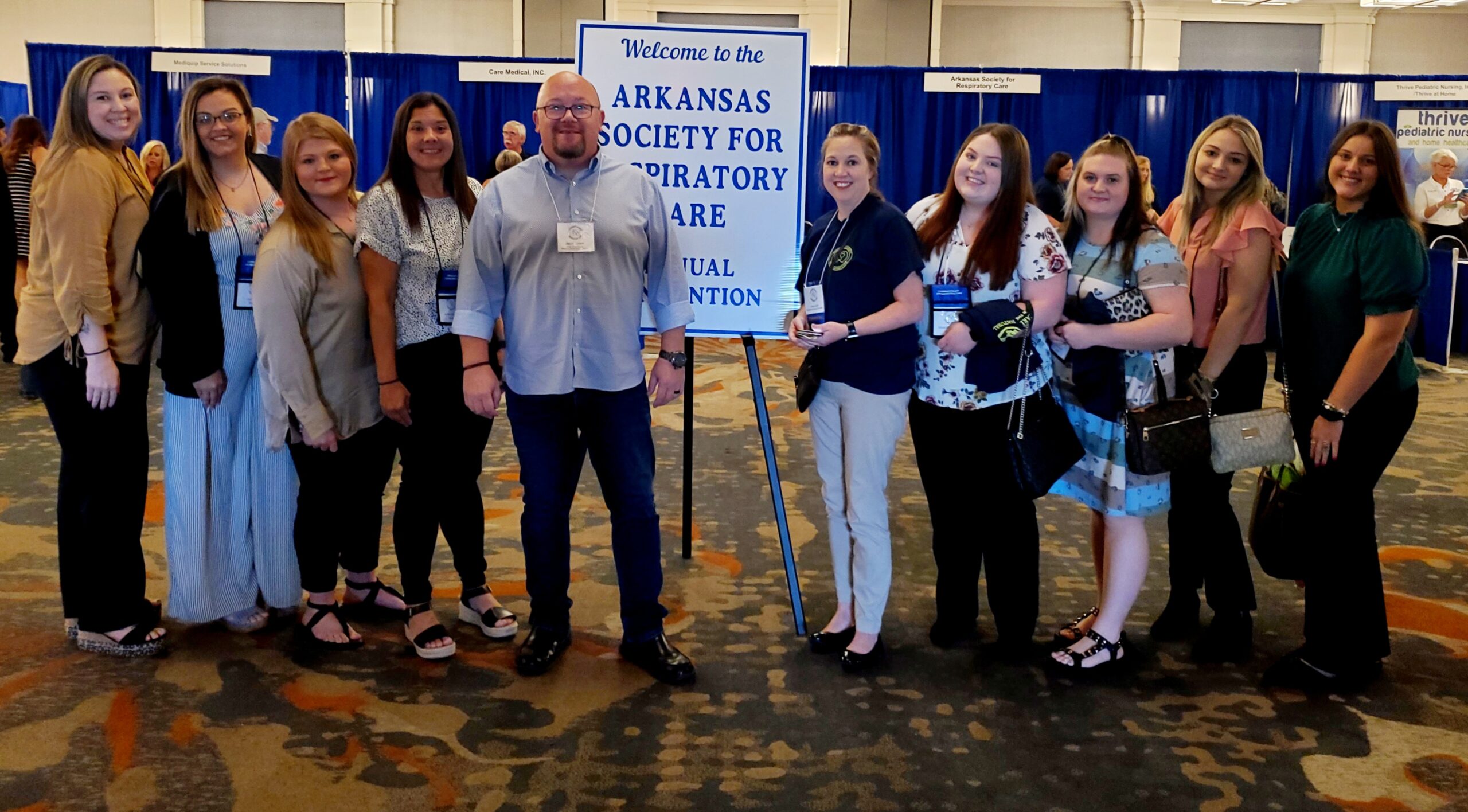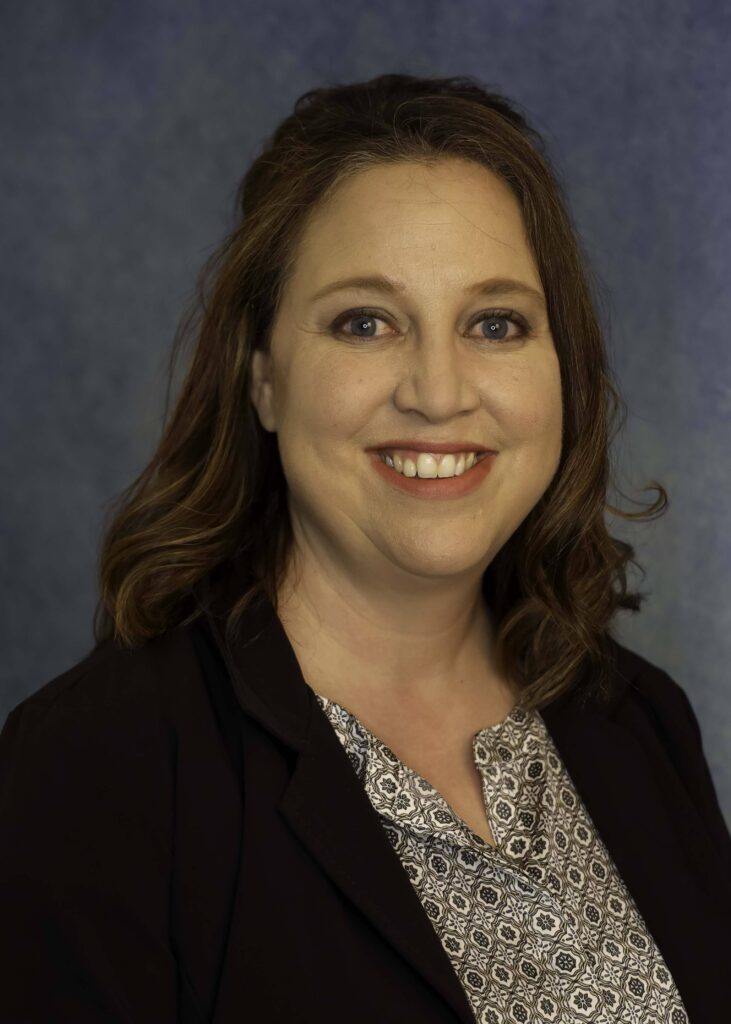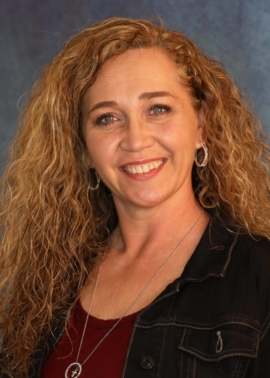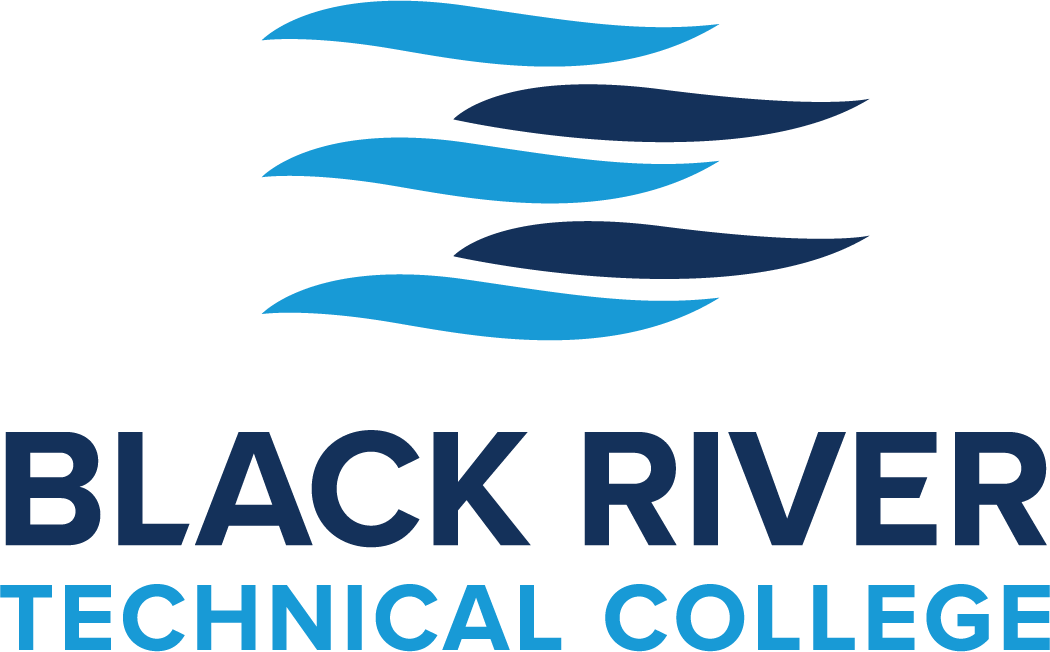
About the Program
The Respiratory Care program is 18-months in length and begins in January each year. Applications for the program open Feb 1st of each year and close at the end of Fall term.
Program Mission Statement
To prepare graduates with demonstrative competence in the cognitive (knowledge), psychomotor (skills), and affective (behavior) learning domains of Respiratory Care practice as performed by Registered Respiratory Therapist (RRTs).
Degree Plans
Graduates of the Associate of Applied Science Respiratory Care program are prepared to enter the profession of Respiratory Care as a member of the critical care team, functioning in clinics, hospital Intensive Care Units (ICU) and Emergency Transport settings. Throughout this program, individuals learn to use mechanical ventilators and monitoring equipment to support breathing. They learn to assist the Physician or other healthcare practitioners in Pulmonary Function, Cardiopulmonary Stress Testing, and Arterial Blood Gas Labs, where they are vital in determining the type and extent of disease and monitoring the responsiveness to a particular treatment regimen.
Students may also be interested in the Associate of Applied Science in Health Sciences, Respiratory emphasis.
Other Information
Applicants must meet college entrance requirements. Individuals interested in enrolling in the program must
- take the college exam administered by the college,
- program entrance exam administered by the college, and
- have a high school diploma or equivalent (GED).
Successful completion, grade of C or higher, of the following prerequisite courses are required before admittance to the RRT program:
- BIOL 2004: Human Anatomy and Physiology I with Lab
- BIOL 2104: Microbiology with Lab
- BIOL 2414: Human Anatomy and Physiology II with Lab
- ENG 1003: Freshman English I
- ENG 1013: Freshman English II
- MTH 1213: Math for Healthcare Professionals*
- MED 1003: Medical Terminology
- And one of the following:
- PSY 2513: Introduction to Psychology OR
- PSY 2003: Developmental Psychology OR
- SOC 2213: Principles of Sociology
*Prerequisite: Each student must meet the criteria under either 1, 2, or 3 as follows:
- Mathematics section: ACT score of 16 or above, Next Gen ACCUPLACER score of 248 or above; OR
- The student must have earned a grade of “C” or higher in MATH 0043 Foundations of College Algebra; OR
- Transfer into BRTC and be eligible to register for College Algebra or the student will be required to enroll in MATH-0001 Math Enrichment (1 credit hour course). College Algebra will not substitute for this course, this is primarily instruction for correct Dosages and Calculations.
Upon successful completion of the Respiratory Care program at Black River Technical College graduates will be qualified to sit for the NBRC credentialing exam. Licensure regulations vary widely from state to state and successful completion of the program does not guarantee professional licensure. Professional licensure in Arkansas is regulated by the Arkansas State Medical Board. For more information about the ASMB, and for specific regulations tied to the licensure process, please visit http://www.armedicalboard.org/Professionals/pdf/mpa.pdf
- National Board for Respiratory Care
- ADVANCE for Respiratory Care and Sleep Medicine Professionals online
- American Association for Respiratory Care
- American Lung AssociationAmerican College of Chest Physicians
- American Medical Association
- Joint Commission on Accreditation of Healthcare Organizations
- Arkansas Society for Respiratory Care
- Missouri Society for Respiratory Care
- Commission on Accreditation of Rehabilitation Facilities
- Occupational Safety and Health Administration
- American Heart Association
- Mesothelioma Treatment
- Pleural Mesothelioma
State Medical Boards
Military Service Obligations
Any student whose plan of study is interrupted due to military service obligations while enrolled in an allied health program will be guaranteed readmission upon return. The student will be required to meet the readmission standards set by the program.
How to Apply to a BRTC Respiratory Program
Have Your 1-Page Essay Available
Submit your essay while completing the application.
Have Transcripts Available
You will need your transcripts in order to complete the application.
Complete Respiratory Application
Click on the application link and create a username and password.
Respiratory therapists held about 135,800 jobs in 2019. Most respiratory therapists work full time. Because they may work in medical facilities, such as hospitals that are always open, some may work evening, night, or weekend hours.
Much faster than average growth is projected for respiratory therapists. Job opportunities should be very good.
Employment of respiratory therapists is projected to grow 19 percent from 2019 to 2029, much faster than the average for all occupations. Growth in the middle-aged and older population will lead to an increased incidence of respiratory conditions such as pneumonia, chronic obstructive pulmonary disease (COPD), and other disorders that can permanently damage the lungs or restrict lung function. The aging population will in turn lead to an increased demand for respiratory therapy services and treatments, mostly in hospitals.
Older Americans suffer most from respiratory ailments and cardiopulmonary diseases, such as pneumonia, chronic bronchitis, emphysema, and heart disease. As the number of older persons increases, the need for respiratory therapists is expected to increase as well. In addition, advances in inhalable medications and in the treatment of lung transplant patients, heart attack and accident victims, and premature infants—many of whom depend on a ventilator during part of their treatment—will increase the demand for the services of respiratory care practitioners.
Job prospects. Job opportunities are expected to be very good, especially for those with a bachelor’s degree and certification, and those with cardiopulmonary care skills or experience working with infants. The vast majority of job openings will continue to be in hospitals. However, a growing number of openings are expected to be outside of hospitals, especially in home healthcare services, offices of physicians or other health practitioners, consumer-goods rental firms, or in the employment services industry as a temporary worker in various settings.
Bureau of Labor Statistics, U.S. Department of Labor, Occupational Outlook Handbook, Respiratory Therapists, at https://www.bls.gov/ooh/healthcare/respiratory-therapists.htm (visited May 29, 2021).
Preceptor
Inter-Rater Reliability Training
Respiratory Care Contacts

A.A., A.A.S., Black River Technical College; B.S., Grand Canyon University

Alphin, Jessica

A.A.S., A.A., Black River Technical College; B.A., University of Arkansas at Little Rock

Clay, Dana

A.A.S, A.A., Black River Technical College; B.S., Southern New Hampshire University

